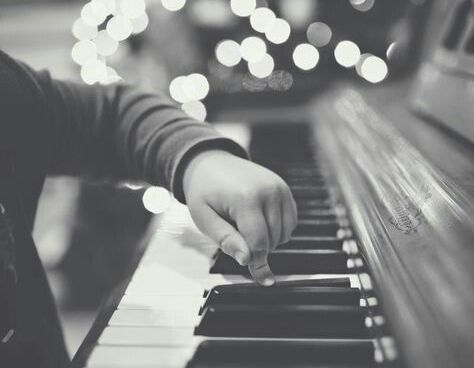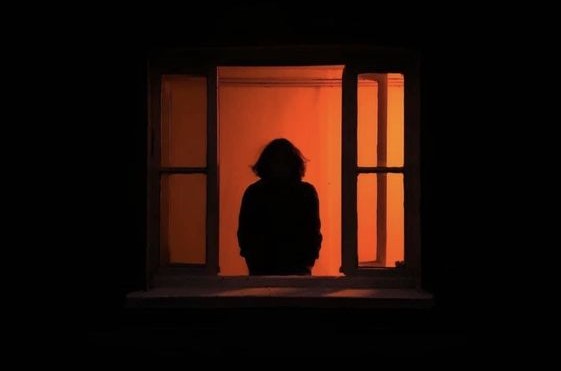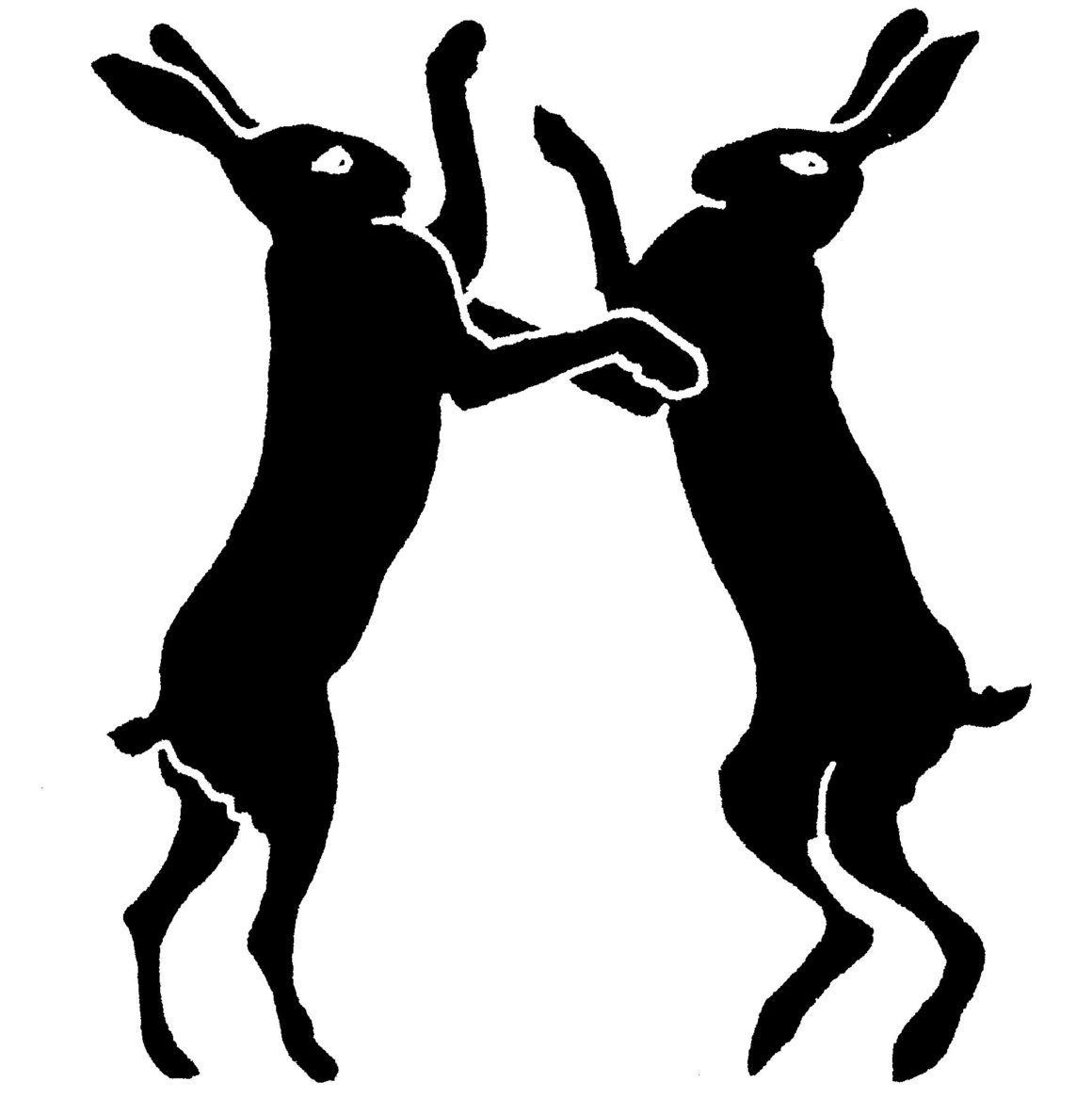That was the year I turned seventeen, and Mother started to rail on me a lot for the way I looked and the way I dressed. And Dad wasn’t there any more to defend me or just say “stop it.”
“Chilton Ford!” My toes were already curling inside of my old sneakers. “You know how much you embarrass me when you go out looking like that. Everyone on the block sees you and tells me how you look. You’ll never amount to anything.”
I never thought much about it until now, but it seems strange that she didn’t like the clothes I wore and yet she never took me anyplace to buy new ones either. Anyway, the jeans with the holes were the ones that felt best when I was sitting at the piano, and it never seemed to bother her what I was wearing when I practiced. All that mattered was that I stay home and play the piano. A lot. And mostly, that’s what I did.
We lived in a small town called Oak Ridge that was on a lake near Knoxville, not far from where I live now. Forty years is a long time, but I’ve always had a pretty good memory. In those days I could play through a Chopin Etude two or three times and I’d have it memorized. Not very many families in our town actually had a piano or could afford lessons, so I guess I was lucky. At least Mother said I was. Anyway, one friend of mine whose name was Gregg also took piano lessons, but he didn’t like to practice and he quit after a year. He and the rest of the boys my age would spend most summer afternoons down by the lake. They would swim out to the platform and lay in the sun lazily while the warmth would dry their bronze colored bodies and the drops of water would roll off onto the hot wooden planks and dry there. I only went once, but stayed on the grassy bank and watched and tried to hear what they were saying and laughing about while I swatted at the mosquitoes.
Once in a while some of us would sneak down to the park after dinner to smoke cigarettes. I liked that better because I could smoke just about as well as anybody. Gregg had stolen some Kents out of his mom’s purse once, and we all tried to see who could really inhale and hold it the longest. Usually it just ended in all of us coughing and convulsing and laughing in a huge cloud of blue smoke, and then wondering how to cover up the smell before sneaking back home.
I worried a lot. I wanted to be with friends and to be normal, but deep down I knew that I wasn’t. There was something inside that was always pushing me away from people. Or maybe pulling would be a better word, because it felt like someone was reaching down into my stomach and seducing me to follow a road that led to some remote place where the sky meets the horizon. And the seduction was the music, because somehow it made the winter seem like summer and the turmoil seem like harmony. And even I knew that for a teenager, that wasn’t normal at all.
I think Dad understood, but we never spoke much about it. He was a loner and a real perfectionist, and you could see it by the way our house and yard looked. He was always outside cutting the grass or manicuring the flowers that he lovingly planted in beds around the house. I never liked yard work, but I think that I was like Dad because I wanted everything perfect, too. Which is one of the reasons I practiced so much. Once when I was thirteen, Dad gave me a book called Jonathan Livingston Seagull, and after I read it I thought I knew him a little better.
So I kept practicing and pretty soon someone told Dad that there was a piano teacher called Mr. Ozanian in Knoxville that I should go play for. Mr. Ozanian liked to be called Mr. O. He was a kind man, and after a few lessons he said I had talent. He wanted me to enter some contests, and when I turned fourteen I entered one in Nashville and even though I got nervous, I won first prize. I couldn’t believe it but they gave me five hundred dollars and told me that I could come back and play a solo with their orchestra. That’s when Mother started to become interested in the piano. She started talking to Mr. O about other contests. Dad would say things like, “Let him be a kid, he’s barely a teenager,” but Mother said: “He likes it.” Anyway, I just kept practicing and before long I was doing Chopin and it seemed like lots of people wanted to hear Chilton Ford play it. And some of them even wanted to pay me to do it, which deep down I was always a little proud of, because no one else I knew at school had ever gotten paid to do anything except wash cars.
So Dad started talking to Mr. O too, and they made arrangements for me to play in different places. Once, there was a small tour and I got to play Beethoven and Scriabin in some places besides Tennessee. Mother would stay at home, but Dad could always arrange to take off from work and come with me, so Mr. O said that Dad should be my manager. Back then I thought that managers were people who told everyone in a restaurant what to do, but Mr. O laughed and said this was different. Dad said we needed to start saving the money so we could afford a Steinway and so that someday I could go off to New York and study at Juilliard. That sounded scary to me when I was fourteen, but I kept practicing anyway and Dad kept saving the money I made.
Once I asked, “Dad can we afford a Steinway yet?”
“No. Don’t worry yourself about it.” By the sound of his voice I could tell that Dad didn’t want to talk about it. I tried not to worry, but there was something about Dad’s voice.
I can’t remember as much about the year that Dad got sick and was in the hospital in Knoxville, except that Mother wasn’t home much and I had to keep practicing because Mr. O said my hands were getting big enough to play Liszt. I was angry with Dad for not being there, but what I remember most is that I told myself to stop feeling bad. Which is a strange thing to say, I know, but it’s true. It was all I could do to keep practicing while doing everything else at home that Dad used to take care of. And Mother was shattering into pieces all over the house, which was the hardest part to clean up after.
I dreamed about trying to sweep up some of the shards of Mother because I thought I might be able to glue them back together. She would come home late from the hospital, not speaking, her face whitewashed, and I felt like I needed to say something. But all I could do was either sit helplessly at the piano or go upstairs and wash the bathroom over and over again.
I had just turned sixteen when Dad died. Everything changed. The grass grew long in front of the house and the flowers died too. Mother would hardly ever go out, and dinner was usually a delivery from the local pizza parlor, or if I needed rest after an hour or two of scales, I might walk down to the Chinese take-out with the paint peeling off the walls. Sometimes I would run into Keith or Gregg on the way and they would say, “How many hours today, Chili?”
“Eight.”
“How can you stand to sit there like that all day? C’mon, let’s go to the park and smoke!”
“Not tonight. Got a concert coming up.”
“Where you goin’ this time?”
“Chicago.”
“Wooo… fancy-ass! Tennessee Tuxedo in tails!”
In spite of their needling, I knew deep down they envied me. When I won the Mattison Competition, things had gotten exciting for a while because I was only fifteen but won a lot of money and got to take a month off from school. Dad took off from work so that he and Mother could fly with me to New York and then to Boston and Philadelphia. Before that, when I played in Atlanta, I had hated it because it was a long drive and we didn’t get home until three in the morning. I had to get myself up for school the next day because Dad and Mother were just too tired. But in New York and Boston we got to stay in hotels and I loved the game rooms.
Most of the time though, I felt like crying.
And after Dad died, Mother didn’t like it very much that I had friends. Sometimes Keith or Jack would call after school and she would rush to pick up the phone before I could, and tell them that I was busy and couldn’t talk. And it got even worse the time Heather called, because Mother just hung up on her.
“Why does your mom hate me?’ Heather demanded the next day as we walked between classes.
I gazed deeply into the softness of her green eyes as a familiar tingle that started somewhere below my waist radiated outward until my fingers and toes vibrated. “Aw, she doesn’t hate you, she just…”
“She hung up on me when I called. You told me to call and I did. Why can’t I ever see you or call you after school?”
“I’m sorry, it’s just… ”
“Jack said you can’t ever leave your house.”
“He said that?”
“He thinks you’re gonna stop liking anyone ‘cause you have to practice all the time and that’s all you care about.”
The tingling feeling was gone, and it was all starting to hurt again. Heather was walking away. I wanted her to turn and look back, but she didn’t.
That night, after I finished the scales in octaves, I walked past Mother who was sitting on the sofa listening, and went upstairs to the bathroom. The phone on the table in the hall just reached, and I dialed Heather’s number. No answer.
I looked at myself in the mirror over the sink. Mother had told me I frowned all the time and wasn’t much to look at. I was sure that I didn’t always frown, but my features looked all out of place as if I were a painting by Picasso or someone. I was starting to get black hairs on my upper lip that matched my longish hair, and I imagined that someday growing a beard might make me look better. My ears were so red they looked like someone had used hot embers on a snowman and the face was just melting away.
I flushed the toilet and splashed cold water from the sink on my feverish face, replaced the telephone, and returned to the piano where the unopened Chopin Nocturne awaited. By the time I had finished, Mother had already gone upstairs, but I imagined that she was in her bed counting the notes I played. Or maybe just counting the ones that were wrong. I went upstairs and wiped down the sink and the toilet before going to bed.
The next day, it was almost dinner time when I got home from school. Mother was shouting. “You didn’t practice today, what are you trying to do to me? Do you want to lose this house and everything in it? You are not going to Juilliard! I need those pills.” Her tone had turned ominous.
“Mom… ” I choked and she went upstairs. The sound of her rummaging in the medicine cabinet made it hard for me to breathe. My toes were curling and my heart pounded. I went to the living room and sat down on the piano bench, staring at the black and white keys before me. They stared back icily. The winter was cold inside of me; the turmoil was dissonant. I couldn’t play.
Mother had gone to bed, so I went upstairs to clean the bathroom. But as I reached for the towel I stopped and looked at the white porcelain surfaces. Cool, shiny… implacable. I ran my fingers over the sink and stared.
I returned to the piano bench and looked at the keys again. For some reason I didn’t start with a scale the way Mr. O had taught me. Instead, I reached far inside, to a place I had not visited in a very long time. It was the slow movement of Ravel’s Piano Concerto in G. The exquisitely simple tune caressed my toes, and as they began to relax, my cold and aching torso felt surrounded by a warm blanket. It spread over me and comforted like tall pines protecting a grove of young aspen trees.
I switched off the light and went upstairs. Mother was alone in her room still, and the house was quiet. I crept to my room, removed all my clothes, and slipped beneath the cool sheets. Sleep came like it hadn’t in a long time.
When I got up it was ten already. Normally by this time on a Saturday morning I would already have an hour of scales in my practice log. By the time I made it downstairs, Mother was sitting in her usual place waiting for me. She frowned as I walked past her and sat down at the piano. But I didn’t play. I sat quietly on my hands, and Mother stared.
Finally, I turned to her.
“Mom, I’ve decided to call Mr. O. I’m canceling the Houston concert.”
I got up and quietly walked across the room toward the front door. Mother was still staring as I put on my old sneakers and my jacket with the missing buttons. Without making a sound, I opened the door and stepped across the threshold. I didn’t look back as I gingerly latched it behind me.
As I turned down the block toward Heather’s house, I fancied myself walking among fledgling aspen trees, and could hear the wind gently blowing beyond the pines.





